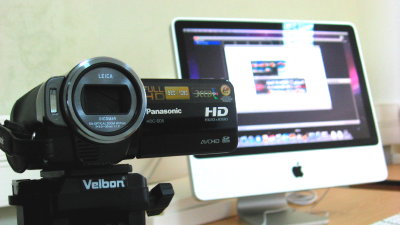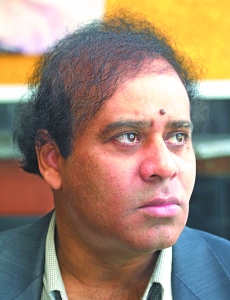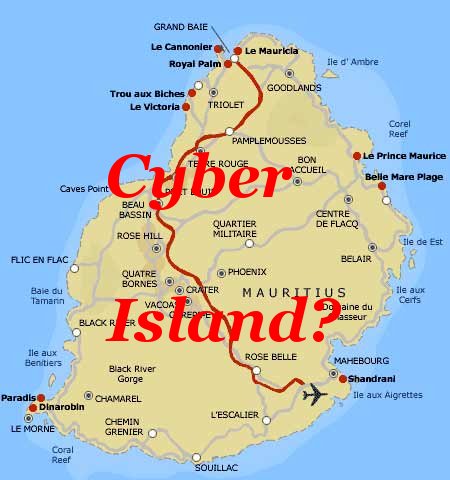
I am pleased to announce that the Communication Studies Unit is now equipped with a multimedia studio which I have set up with (a lot of) help from Avinash. The studio has been baptised Mediacom Studio and even has a website which we have launched yesterday at www.mediacomstudio.com
The facility has been created thanks to funding from the UNESCO-IPDC which approved my project last year. Avinash has been the mastermind behind the technical setup and has spent a lot of time selecting and fine-tuning our equipment list. We had a lot of constraints such as limited availability of certain items and also the dollar exchange rate which shrunk our budget. But, we managed to have a nice setup nevertheless with:
– Apple iMacs complete with the iLife and iWork suites
– Panasonic HD camcorders with tripods and a lighting kit
– Olympus audio recorders with tie-clip microphones
– Philips LCD TV, DVD player and an Apple TV
– a gigabit local network
The idea is to provide more hands-on practical training to our Communication and Journalism students, to give them the opportunity to come up with professional products and showcase them on the website.


 <img
<img

